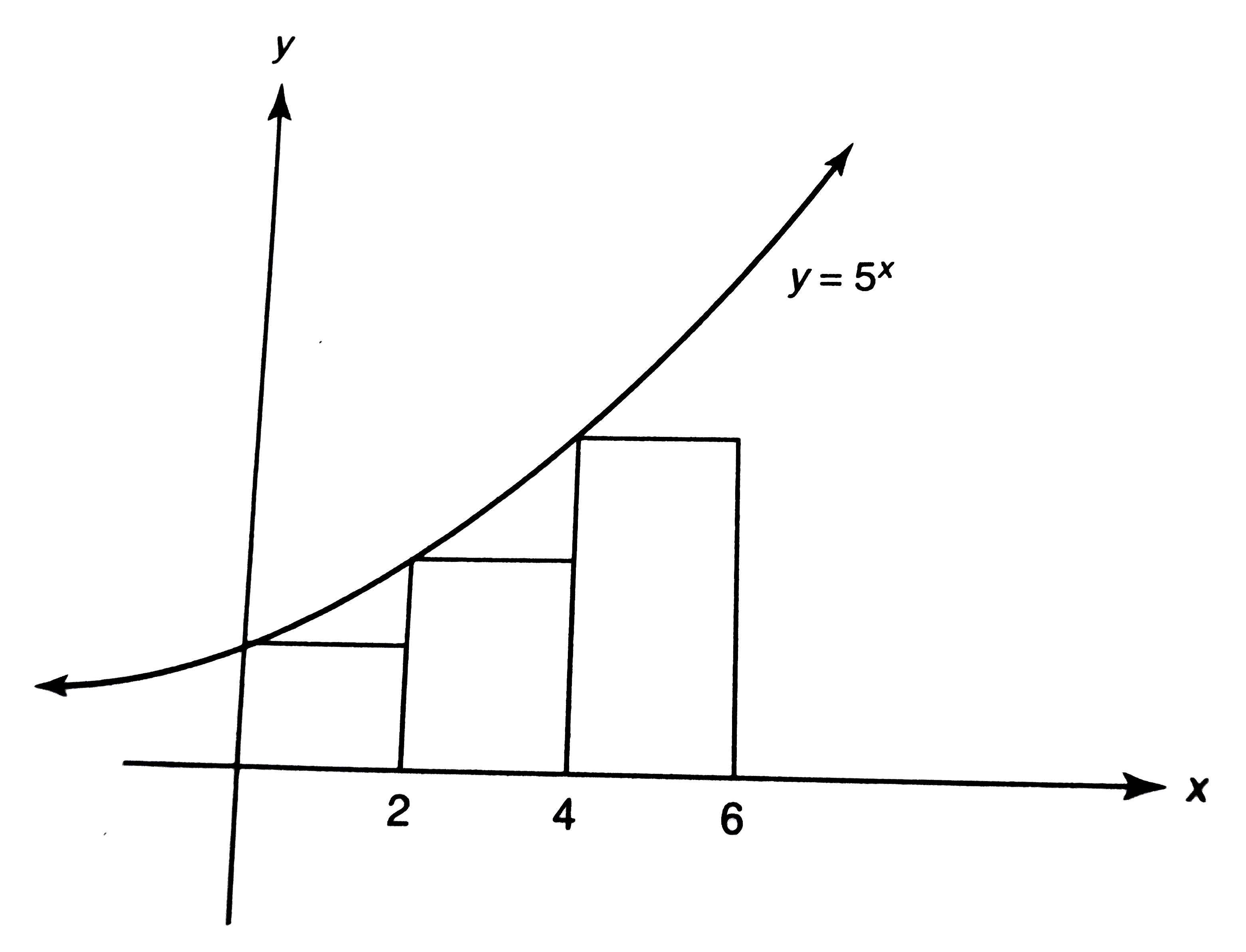If f(x)=x(√x−√x+1), then :
A
f(x) is continuous but not differentiable at x = 0
B
f(x) is not differentiable at x=0
C
f(x) is differentiable at x=0
D
none of the above
Text Solution
The correct Answer is:C
|
Similar Questions
Knowledge Check
f(x)=√x−1√x
AI1=(0,∞),I2=ϕBI1=ϕ,I2=(0,∞)CI1=ϕ,I2=(−∞,0)Dnone of theseIf f(x) = x√x , then f(√2)=
 A1.4B1.5C1.6D2.0
A1.4B1.5C1.6D2.0If f(x)=⎧⎨⎩√g(x)−1√x−1,x≠11,x=1 and g'(1)=2,g(1)=1, then limx→1f(x) is equal to
A1B3C2D4
In what interval are the following functions identical?
(a) f(x)=xandϕ(x)=10logx.
(b) f(x)=√x√x−1andϕ(x)=√x(x−1).
View SolutionIf f(x)=⎧⎨⎩√x+1−1√xfor x≠0kforx=0 and f(x) is continuous at x=0, then the value of k is
View SolutionIf √x−1√x=√5, then x2+1x2 is equal to:
यदि √x−1√x=√5 है, तो x2+1x2 का मान क्या होगा ?
View SolutionIf √x+1√x=√6, then x2+1x2 is equal to:
यदि √x+1√x=√6 है, तो x2+1x2 का मान क्या होगा ?
View SolutionIf √x+1√x=√6, then x2+1x2 is equal to:
यदि √x+1√x=√6 है, तो x2+1x2 का मान क्या होगा ?
View Solution
